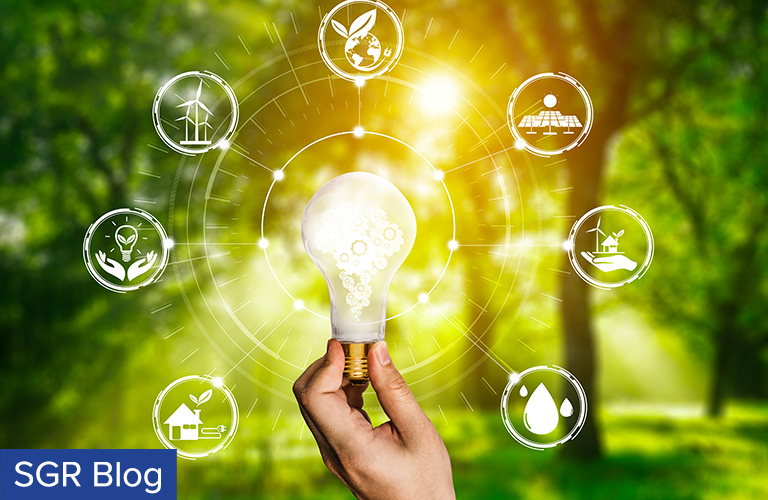
The Regional Greenhouse Gas Initiative (“RGGI”), a multistate Cap and Trade Program, sold carbon allowances for $7.41 in the final quarter of 2020 – recognizing revenue of $120,300,000 which can be used to reinvest in energy efficiency and renewable programs in the 10 participating northeastern states. Participating states have benefited from RGGI’s bipartisan, market-based approach to climate change, while consumers across participating states have benefited from local investments in clean energy and efficiency. Prices for carbon allowances are expected to grow as more states petition to join RGGI, and as more states attempt to “decarbonize” their energy production. For more… Read more


